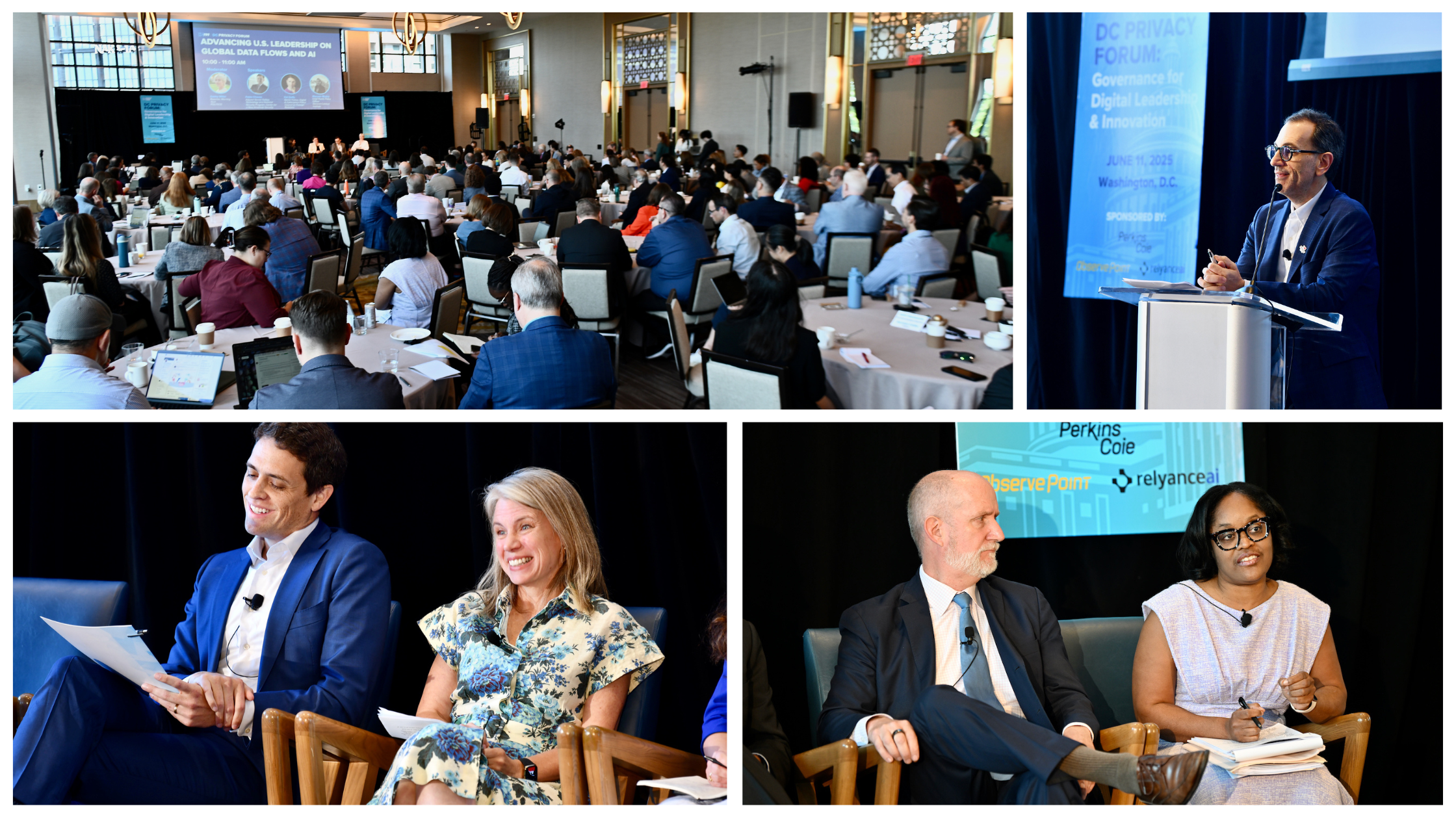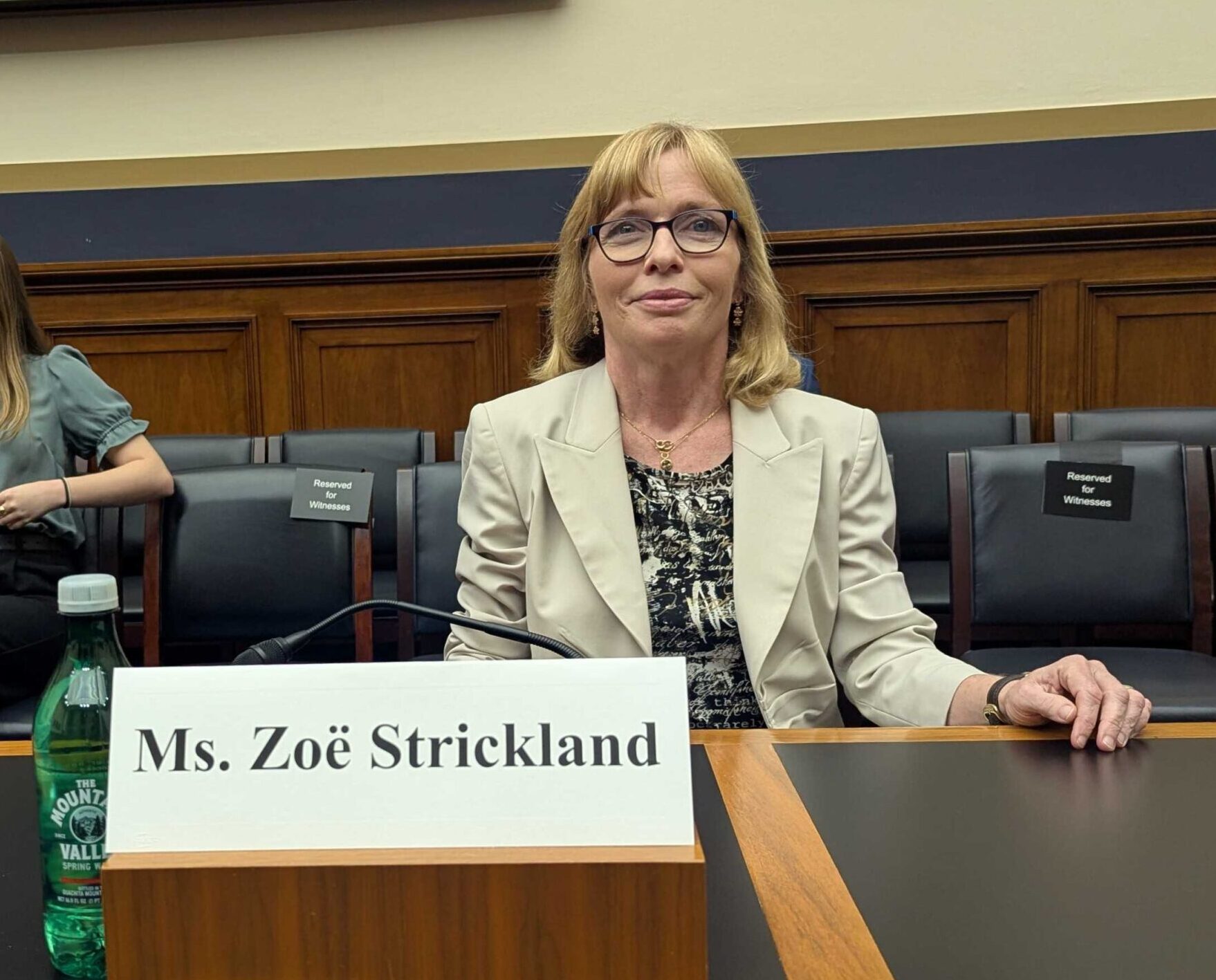
The Connecticut Data Privacy Act Gets an Overhaul (Again)
Co-Authored by Gia Kim, FPF U.S. Policy Intern On June 25, Governor Ned Lamont signed SB 1295, amending the Connecticut Data Privacy Act (CTDPA). True to its namesake as the “Land of Steady Habits,” Connecticut is developing the habit of amending the CTDPA. Connecticut has long been ahead of the curve, especially when it comes […]

FPF COPPA 2.0 Redline
On March 4, 2025, Senator Markey reintroduced the Children and Teens’ Online Privacy Protection Act (COPPA 2.0), which was referred to the Committee on Commerce, Science, and Transportation for consideration. COPPA 2.0 would amend the Children’s Online Privacy Protection Act (COPPA), initially passed in 1998 to provide protections for teens. On June 25, 2025, the […]

Annual DC Privacy Forum: Convening Top Voices in Governance in the Digital Age
FPF hosted its second annual DC Privacy Forum: Governance for Digital Leadership and Innovation on Wednesday, June 11. Staying true to the theme, this year’s forum convened key government, civil society, academic, and corporate privacy leaders for a day of critical discussions on privacy and AI policy. Gathering an audience of over 250 leaders from […]

Future of Privacy Forum Announces Annual Privacy and AI Leadership Awards
New internship program established in honor of former FPF staff Washington, D.C. – June 12, 2025 — The Future of Privacy Forum (FPF), a global non-profit focused on data protection, AI and emerging technologies, announced the recipients of the 2025 FPF Achievement Awards, honoring exceptional contributors to AI and privacy leadership in the public and […]

FPF Testimony Before the U.S. House of Representatives Financial Services Subcommittee on Financial Institutions
Today, FPF Senior Fellow Zoe Strickland testified before the U.S. House of Representatives Financial Services Subcommittee on Financial Institutions, providing expert insight about data privacy in the financial system, focusing specifically on rulemaking under Section 1033 of the Dodd-Frank Act. With over 25 years of experience as a global chief privacy officer at Fortune 20 […]

Framework for the Future- Reviewing Data Privacy in Today’s Financial System
Written Testimony of Zoe Strickland Senior Fellow, Future of Privacy Forum Before the U.S. House of Representatives Financial Services Subcommittee on Financial Institutions “Framework for the Future: Reviewing Data Privacy in Today’s Financial System” June 5, 2025 On behalf of the Future of Privacy Forum (FPF), I thank you for the opportunity to testify about […]

FPF Unveils Paper on State Data Minimization Trends
Today, the Future of Privacy Forum (FPF) published a new paper—Data Minimization’s Substantive Turn: Key Questions & Operational Challenges Posed by New State Privacy Legislation. Data minimization is a bedrock principle of privacy and data protection law, with origins in the Fair Information Practice Principles (FIPPs) and the Privacy Act of 1974. At a high […]

FPF Unveils Paper on State Data Minimization Trends
Today, the Future of Privacy Forum (FPF) published a new paper—Data Minimization’s Substantive Turn: Key Questions & Operational Challenges Posed by New State Privacy Legislation. Data minimization is a bedrock principle of privacy and data protection law, with origins in the Fair Information Practice Principles (FIPPs) and the Privacy Act of 1974. At a high […]

Vermont and Nebraska: Diverging Experiments in State Age-Appropriate Design Codes
In May 2025, Nebraska and Vermont passed Age-Appropriate Design Code Acts (AADCs), continuing the bipartisan trend of states advancing protections for youth online. While these new bills arrived within the same week and share both a common name and general purpose, their scope, applicability, and substance take two very different approaches to a common goal: crafting a design code […]

Vermont and Nebraska: Diverging Experiments in State Age-Appropriate Design Codes
In May 2025, Nebraska and Vermont passed Age-Appropriate Design Code Acts (AADCs), continuing the bipartisan trend of states advancing protections for youth online. While these new bills arrived within the same week and share both a common name and general purpose, their scope, applicability, and substance take two very different approaches to a common goal: […]
